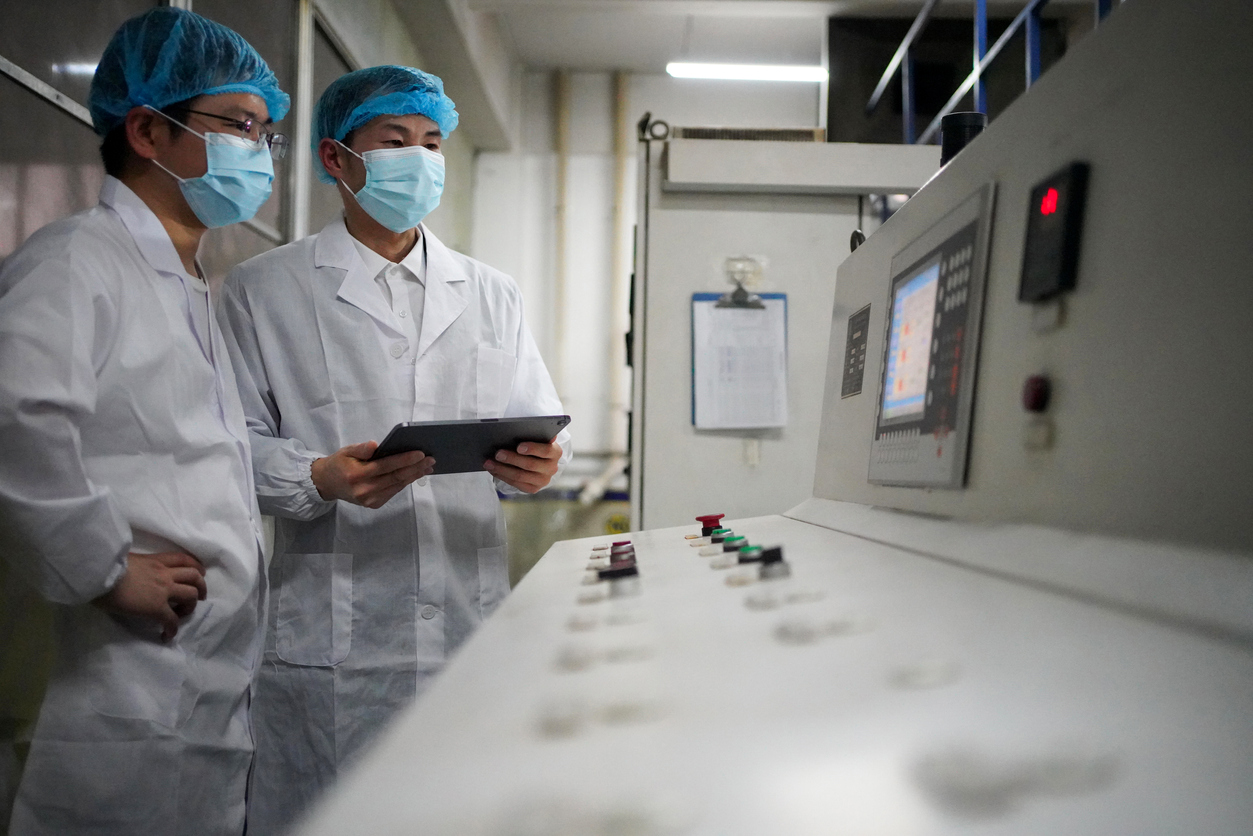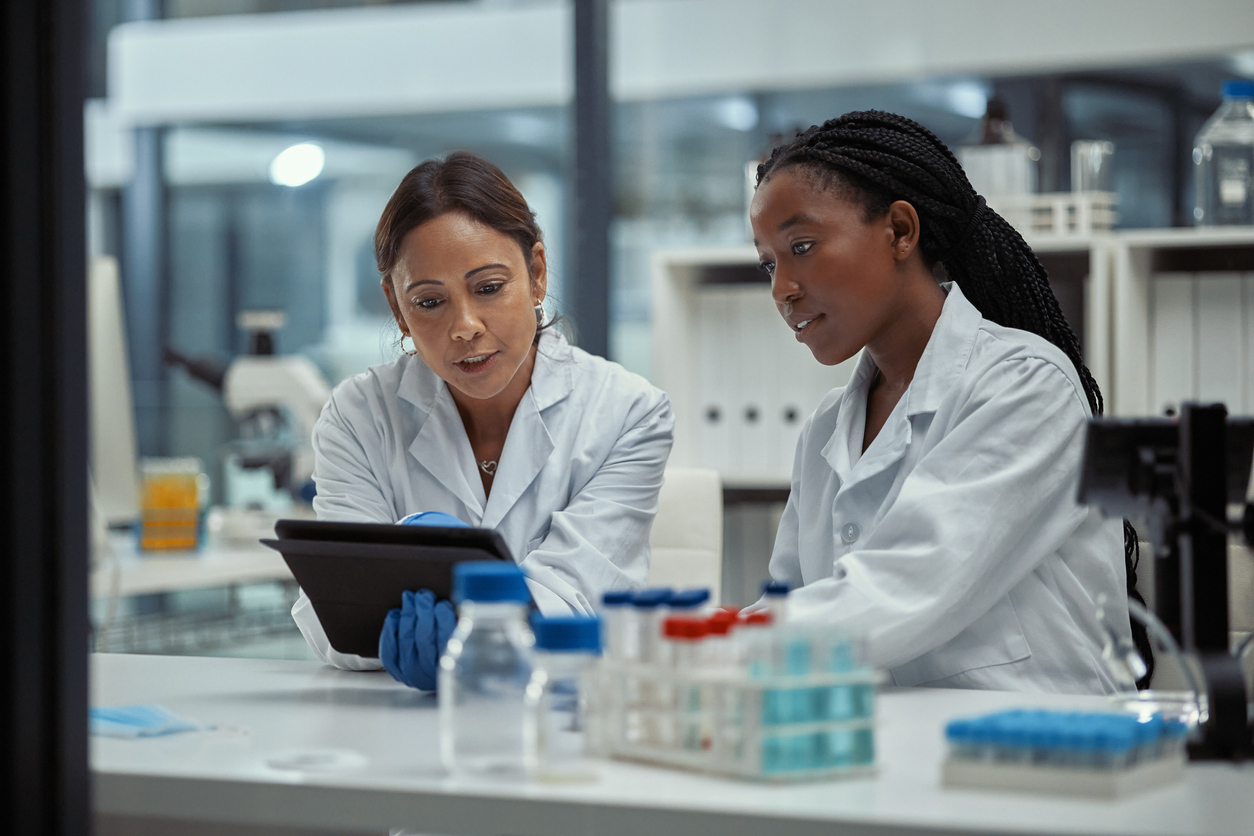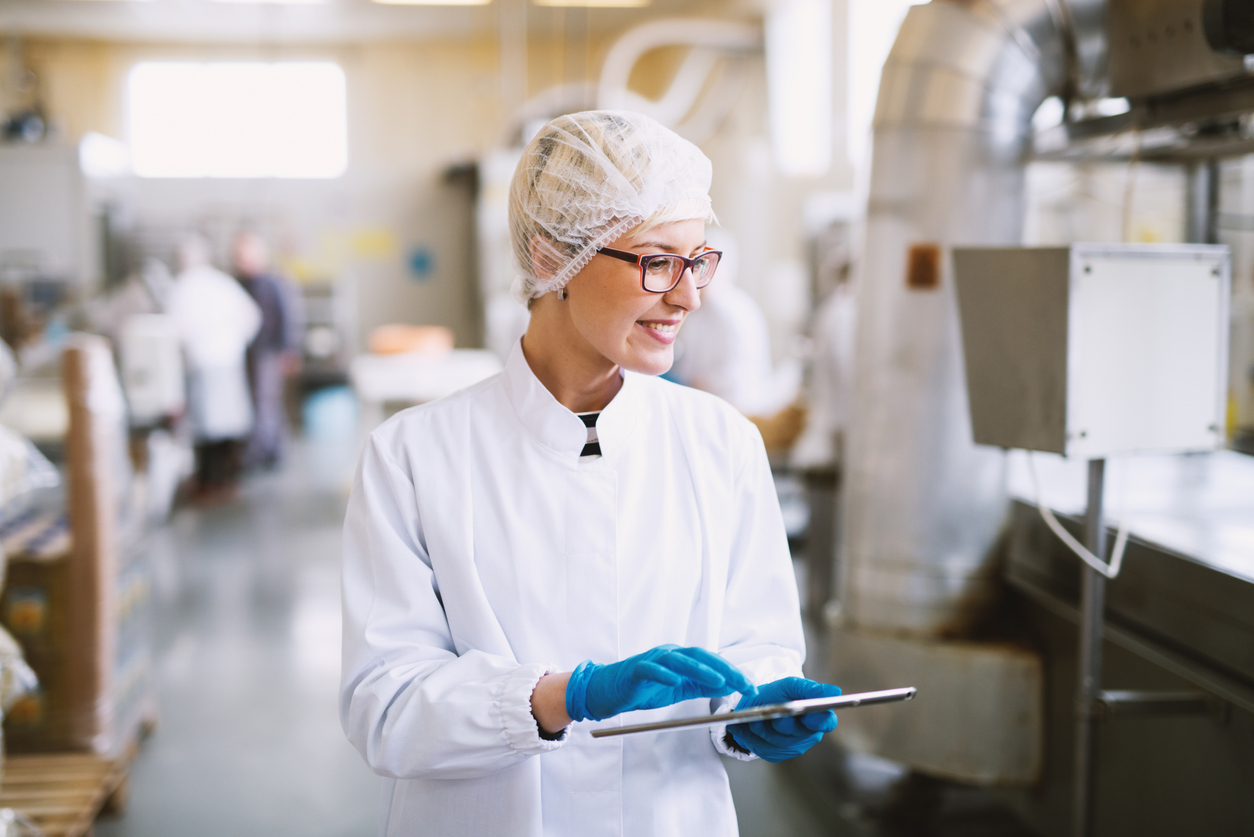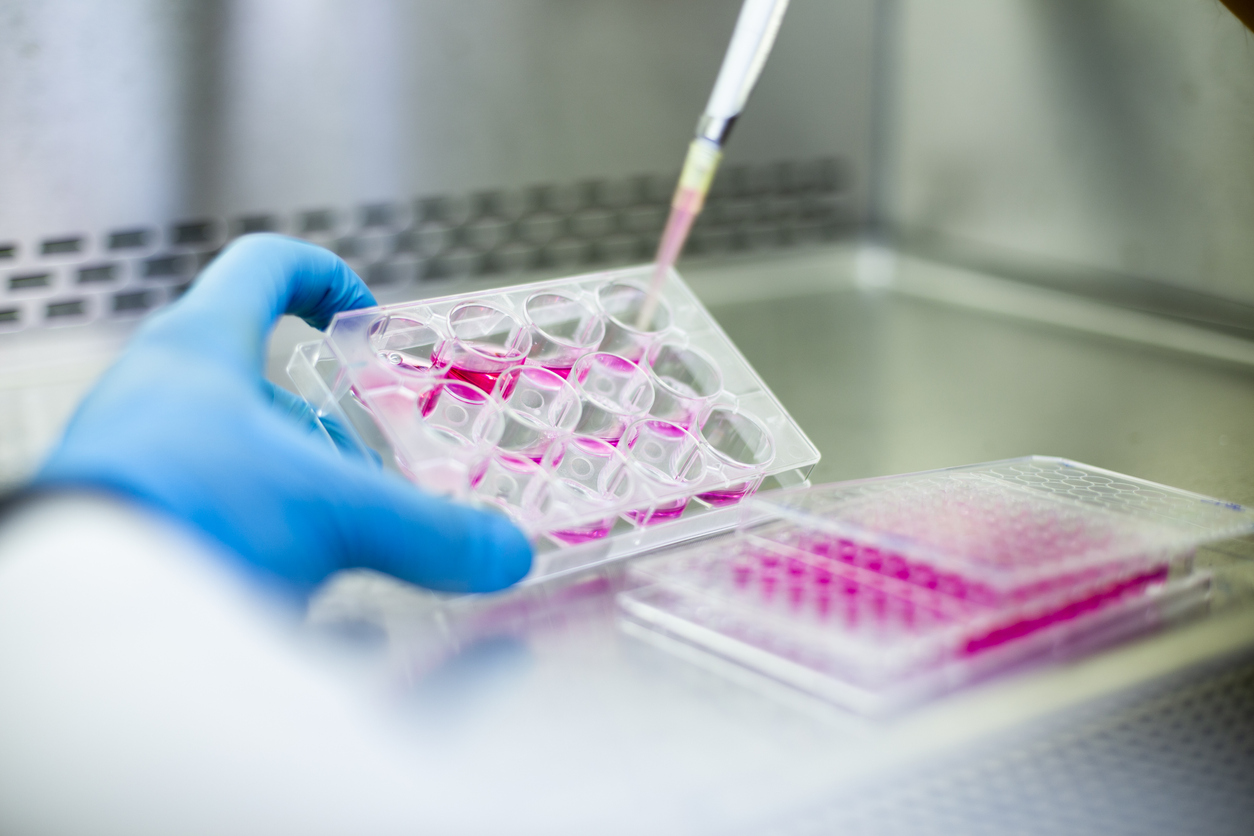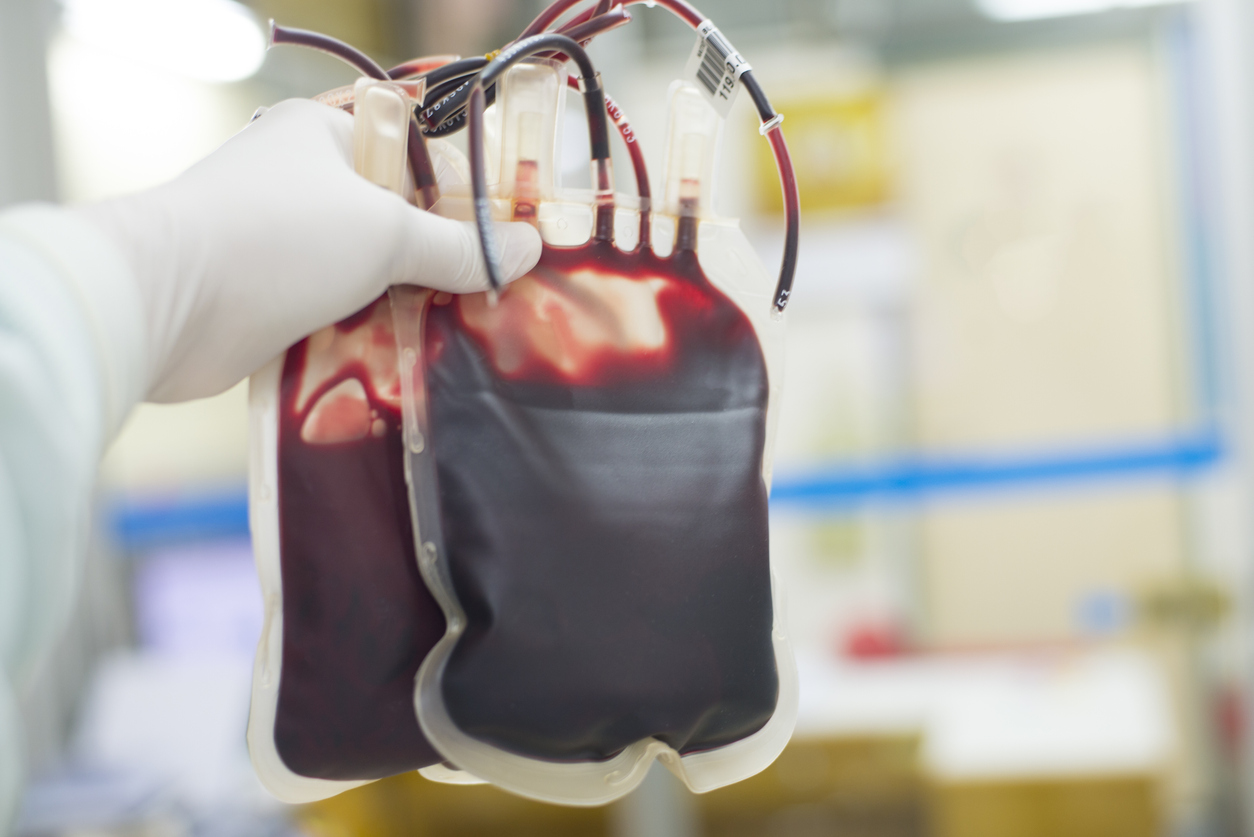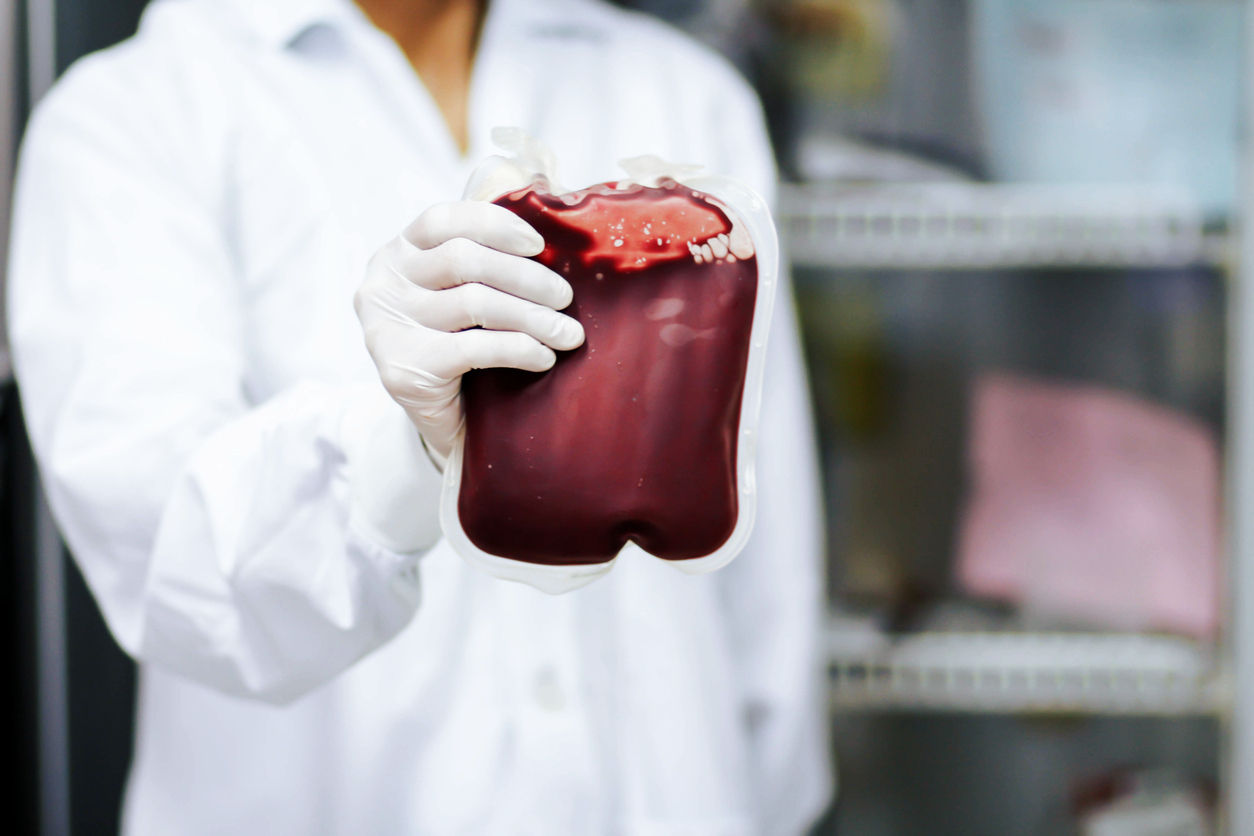Blog
Category: General
Cell Dissociation Methods for Disaggregation of Tissue: Mechanical vs Enzymatic vs Chemical
Updated on Mar 28, 2025 Share
Cell dissociation is the process of breaking down tissue or cell culture into individual cells, a critical step in preparing samples for research and therapeutic applications. Different methods of cell dissociation, including enzymatic, mechanical, and chemical techniques, are used to ensure the viability and functionality of cells for further study. Read on to explore the different methods and their importance in advancing scientific research. Cell Dissociation Methods Research is undertaken …
The Importance of Isolating Antigen-Specific T Cells
Updated on Dec 9, 2024 Share
Antigen-specific T cells offer crucial insights into the body’s immune response to diseases. These specialized cells, which recognize and respond to specific antigens, are essential for: Developing effective vaccines Understanding infectious diseases Advancing cancer immunotherapies In this way, isolating T cells precisely and efficiently is vital for accelerating research and improving therapeutic outcomes. What Are Antigen-Specific T Cells? Antigen-specific T cells are a subset of T cells that recognize and …
The Incredible Impact of Cell Therapy
Updated on Jan 18, 2025 Share
Cell therapy is transforming medicine, offering new hope for patients with previously untreatable conditions. Imagine a world where damaged tissues can be repaired, immune systems recalibrated, and cancer targeted with precision—this is the promise of cell therapy. What Is Cell Therapy? Cell therapy involves administering live cells to a patient to repair or replace damaged tissues and cells. This approach leverages the body’s cellular machinery to combat diseases. The cells …
What Is a CDMO?
Updated on Nov 17, 2023 By Jason Ellis, PhD Share
A contract development and manufacturing organization (CDMO) is a business that provides drug development and manufacturing services to support product research, idea development, and production. New companies entering the medical or biotechnology space will face many regulatory hurdles before new products are ready for launch; and larger, more long-standing companies sometimes need additional manufacturing bandwidth. CDMOs manage multiple aspects of the product development process and guide companies through regulatory requirements …
What Is a Contract Research Organization?
Updated on Mar 28, 2025 By Jason Xu, PhD Share
Numerous discovery, development, and research stages exist before a new drug, pharmaceutical treatment, or medical device hits the market. Each of these stages brings unique challenges, and success depends heavily on the resources available to the sponsor of the novel treatment. Contract research organizations (CROs) provide specialized research, such as preclinical research, clinical trials, and a range of other research-based offerings, for biotechnology, pharmaceutical, and medical device companies on a …
Understanding GMP in Biotech Companies
Updated on Mar 28, 2025 By Jason Ellis, PhD Share
Introduction to GMP in Biotech Biotechnology sales require adherence to rules and regulations that protect both the companies and patients involved. These practices are commonly referred to in the community as GMP or good manufacturing practices. In the United States, these regulations are enacted and enforced by the Food and Drug Administration (FDA) to ensure product quality and safety. Also referred to as cGMP or current good manufacturing practices, they …
Dead Cell Removal
Published on Aug 22, 2023 Share
What Is Dead Cell Removal? Dead cell removal involves removing dead cells and debris from a culture or cell population to enhance purity and viability. Researchers and clinicians utilize this process in various research and clinical applications, including cell culturing, sorting, manufacturing, and cellular assays like flow cytometry. How Is Dead Cell Removal Used Across Applications? Cell culture experiments involve studying cells in a natural and controlled state. Over time, …
What Is Dead Cell Contamination?
Updated on Aug 22, 2023 Share
Dead cells naturally contaminate cell samples or cultures throughout their lifespan; this contamination can occur at any time. While common, dead cells and debris negatively affect cell populations before and after separation, isolation, and application. Removing dead cells and debris before further processing plays a critical role in culture maintenance and adherence to good laboratory practices. Cell Culturing and Dead Cells Researchers grow cell cultures in the laboratory that can …
An Overview of Customized Leukopaks
Updated on Dec 9, 2024 By Brandon H. McNaughton, PhD Share
What Is a Customized Leukopak? A leukopak is a blood product enriched with white blood cells obtained through a unique extraction technique, leukapheresis. Leukapheresis, a specialized application of apheresis, targets the collection of leukocytes and returns all non-leukocyte material to the donor’s bloodstream. Leukopaks can be customized to fit the requirements of their intended application, both clinically and for research and development. Before leukopak collection, donors are strategically selected for …
Leukopak Cell Washing
Updated on Sep 4, 2024 Share
Cell washing is a crucial technique used in both clinical and research settings for various biomedical applications. When trying to produce a pure, isolated population of cells via leukopak processing, cell washing is typically the first step. It removes unwanted cells and other contaminating material, such as proteins and platelets, leaving the apheresis product ready for high-precision cell separation. This enables the isolation of a pure population of cells, which …



